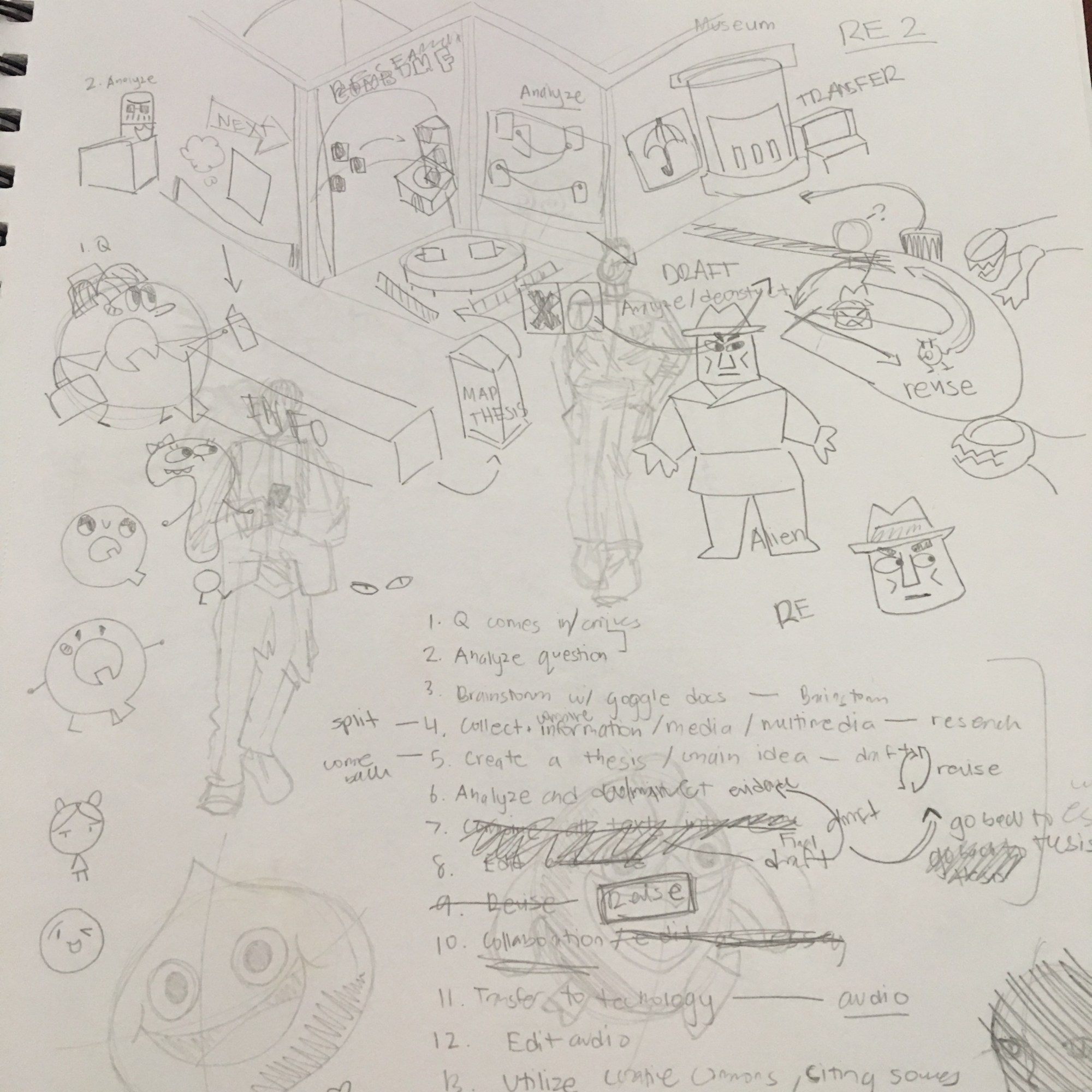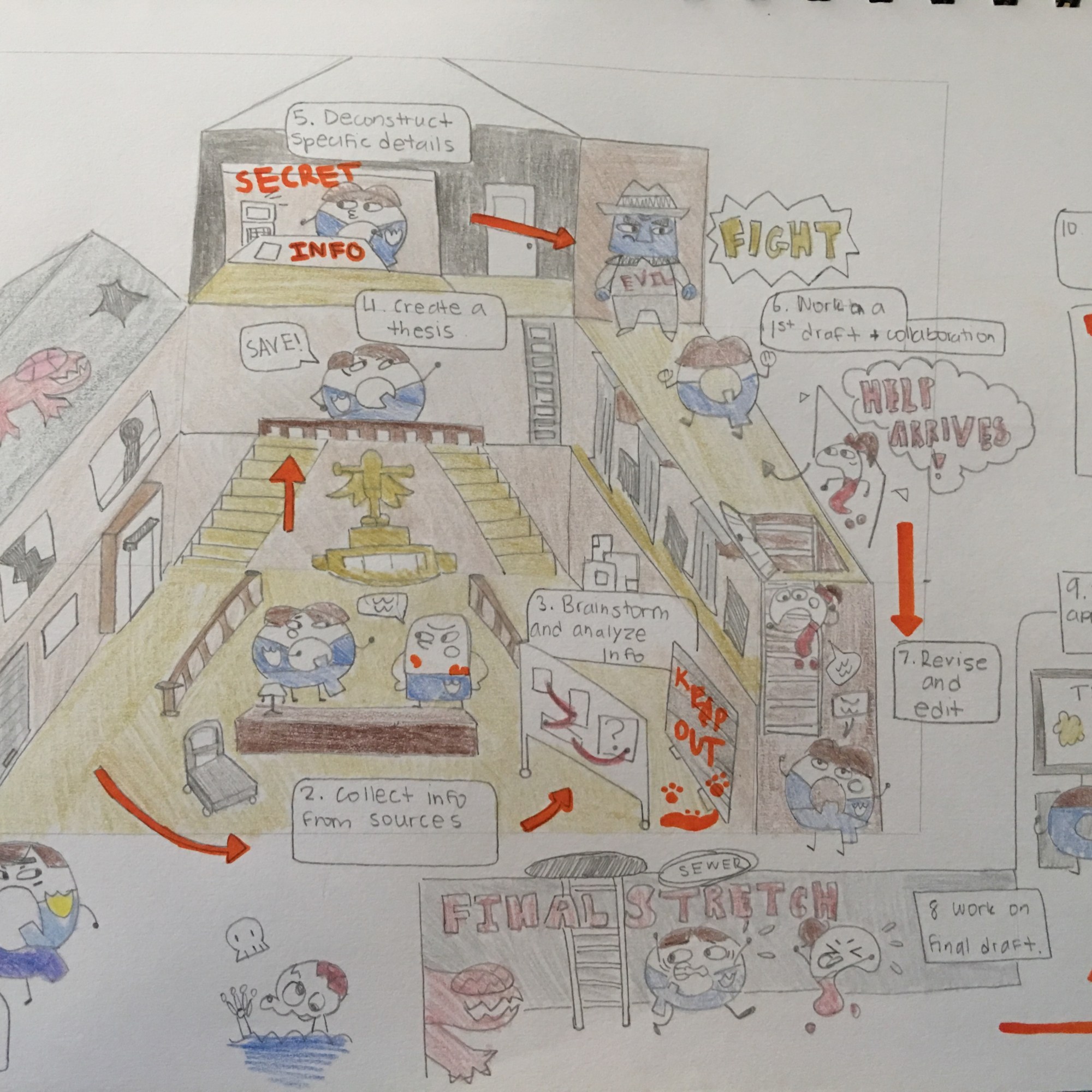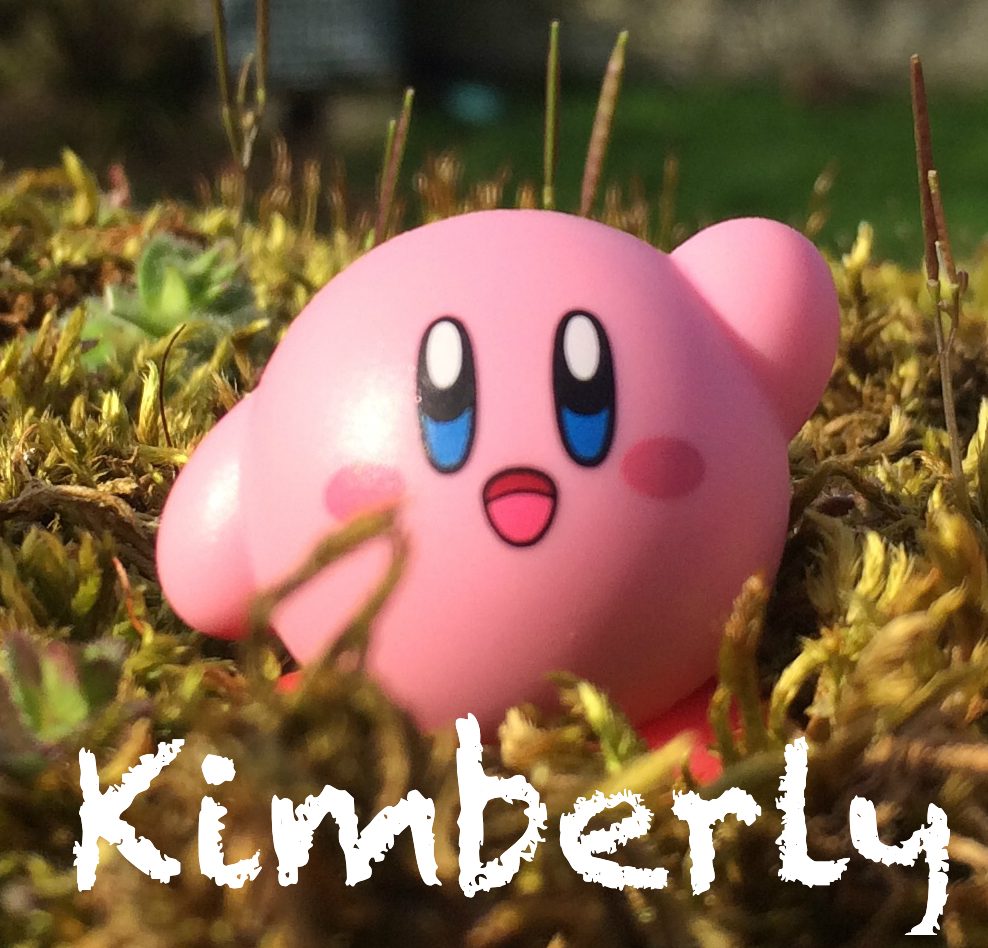ABOUT
This site is an archive of work completed for the class, ENG 101, at Emory University in Spring 2020.
A link to the course: https://eng101s20.davidmorgen.org/
REFLECTING…
Hands curled and neck slouched, I nervously sat down at a wobbly table in the midst of ENG101. Games as a subject of writing was fascinating, but I was also bracing myself for the multiple essays, monotonous annotations, and potential research. However, this course would subvert my expectations and lead to a stretch of new horizons in my writing.
The course introduces five learning outcomes: rhetorical composition, critical thinking and reading resulting in writing, writing as a process, collaboration, and digital citizenship/digital identity. As I journeyed through the various side quests and mini-reflections, I noticed that all these outcomes would have an end goal. The “Assembly Parody” hometask documented the writing process into a deconstructed diagram. Personally, I found it to be a fun drawing practice, but I approached this process as a written rough paragraph, deconstructed main points into bulleted ones, and finally transferred it into a drawing medium; this ultimately reflects rhetorical composition where a written paragraph was translated into a drawn medium. My revealed notes are quite messy but exemplify my approach.


Critical thinking…in writing is found within the synthesis of the game Fiasco up to my reflection of it. For preparation, we read several authors, one of which mentioned the ideas of telescoping and probing from Stephen Johnson’s Everything Bad is Good for You, claiming that probing was a “nuanced form of exploration” (43). We also included inspirations from TableTop’s Youtube episode Fiasco where groups of about 5 played a game that “led to a verbal form of text that followed conventions of writing techniques and referencing outer resources” mentioned in my reflection “Bookies, Druggies, and Dead Babies >> Fiasco Game Reflection”. Mainly, the episode showed actors approaching the game and subconsciously, players would get the idea of how to behave or think as done when our group began acting over narrating. It was a game utilizing the breakdown of exposition such as intro and finale or required revision such as exploring two endings with one as a group. The constraints of the game, improvisation, and thought processes from the mentioned sources resulted in our group creating a story from a game. By synthesizing the rules of Fiasco and probing the constraints and rules of the game, it led to my conclusion of “the complexity of a collaborative and thoroughly explored literary work within the confines of a tabletop game” (“Bookies, Druggies, and Dead Babies >> Fiasco Game Reflection”). Fiasco, in the end, was the result of creating a literary work from examples of others and approaching it in a suggested way as in the probing aspect. I would also like to mention that playing together was quite extensive in this improvisational game of writing, fulfilling the learning outcome collaboration since we “explored two possible endings as a group; discussion chose one” (“Bookies, Druggies, and Dead Babies >> Fiasco Game Reflection”).
While I did receive multiple sources and ways of thinking from playing-writing Fiasco, Gone Home, another game, was the opposite. Looking back, this was the first informal reflection where one simply blogs their responses and reflects on their experiences from the game. Writing was certainly a process since it was difficult for me to approach the game informally. For example, I went from “the theme of darkness…gives that sense of blindness…” to “I found the christmas duck to be a cute and quirky hiding spot…” in the same piece (“Where is Everyone? > Gone Home gameplay”). While I tried to rework the entire writing to be informal, there are still sentences like that theme of darkness speckled in the writing. As of the end of the course, I did my last writing assignment ending with a statement such as “I liked the series” and practically 3 sentences in my sidequest “Assembly Parody”. Writing as a whole was processed into a more flexible system as I kept practicing these side quests, and ultimately I found myself better adapted and courageous to write for certain situations whether formal or informal. On another note, the writing process emphasized images as important, and I practiced digital citizenship through image use in each side quest. I came from a lack of images to being able to use cc-licensed images from Flickr.com. However, my favorite ones tend to come from my own photos.
Out of all the quests that were done in this course, the podcast series utilized all the learning outcomes. In my reflection “Podcast Reflection: Undertale”, our primary goal was to condense several themes and show the relationship between game design and real world problems. A podcast’s format requires unique fluidity in that we tend to state our take-home messages at the end, utilize humor and crafty music editing, and collaborate to write and record scripts for a humoristic computer game like Undertale into a serious literature work. In its creation, “Interweaving all evidence and commentary from the creator Toby Fox, SuperBetter, and the game was the most important in order to encompass all aspects of the game” (“Podcast Reflection: Undertale”). We went from playing the game, to researching the creators, to creating rough drafts on Google docs, to recording a full script, and to finally publish and edit with music. As a student, the word count or in this case the timing was still a limitation to me. Even now, to be succinct was the fault in the podcast since it encompassed a lot of topics, but failed to deeply inspect a few. However, I certainly claim that this project was a success in that it applied all the learning aspects in addition to some changed mentality. It helped change my thoughts from feeling threatened to feeling challenged in that I felt capable such as editing the music cues for the podcast Undertale and being the producer. I noticed that I am not afraid to try new things as long as they are reasonably done in a set amount of time like the side quests. Plus, I finally got to infuse some humor to help my tone too.
Finally, we arrive at the hometasks. Certainly, they did improve my creativity and courage in that I posted plenty of art projects onto a media platform for people to scrutinize. Was there something I learned from it? Yes. I noticed an upward spiral of activity in my work; while I did show less of myself, I put in more time to draw and showcase my skills such as my video of origami pants in home tasking “Doing Laundry plus Origami Tutorial” or my 2-3 hour long drawing of Jurassic Park’s scene in home tasking “Clever Girl” . Therefore, these tasks allowed me to treat them like writing. It was a process that needed planning and revision as well as learning to critique my work through looking at my classmates’ home tasks. Trusting the process of creativity and time management were skills I learned from this class to apply in other classes. This semester, I had to do a lightning talk of a disease in NRSG 201. I had no idea what a lightning talk was, but I trusted the process of creativity and looked up sources of how to do one. With the podcast experience and time management, I recorded a 5 minutes lightning talk via powerpoint and even inserted some dry humor. Ultimately, digital skills, experimentation, and more from the quests of ENG101 really saved me from the unknown world of lightning talks. At this point, I am pretty hopeful that my ENG101 tutorial of origami pants will save me from another unknown danger.
